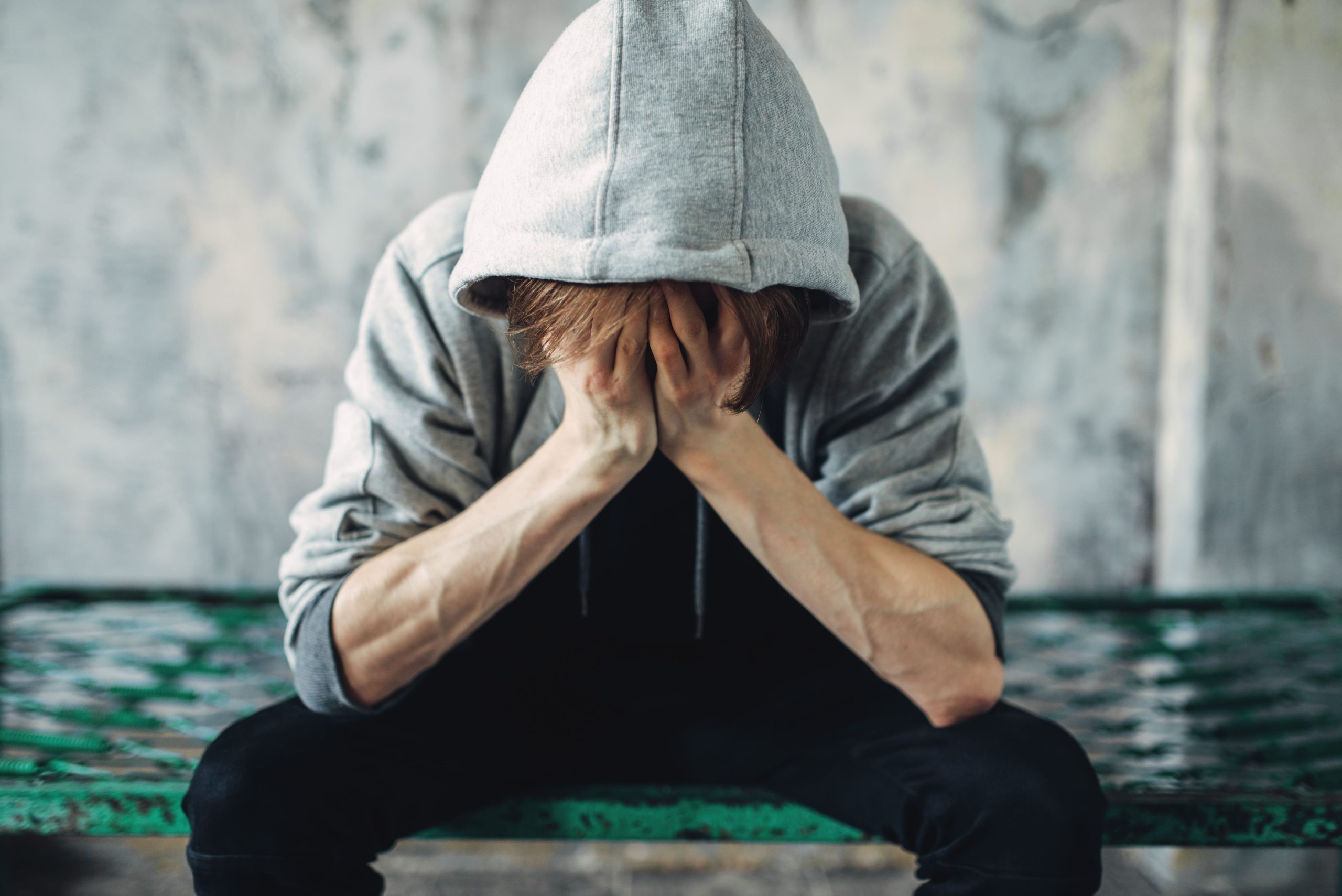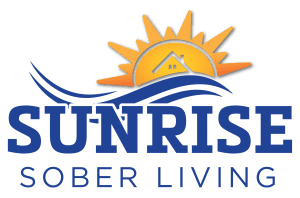What are Relapse Addiction Triggers?
Recovery from addiction is a journey of growth, awareness, and resilience. Even after weeks or months of progress, many individuals encounter moments of vulnerability. These moments often stem from relapse addiction triggers — emotional, mental, or environmental cues that spark the urge to use substances again.
Recognizing these triggers is one of the most effective ways to maintain relapse prevention and stay on track with your recovery process. At Sunrise Sober Homes, we help residents develop awareness, coping skills, and healthy routines that strengthen long-term sobriety. Our program focuses on personalized support and structured care to reduce the risk for relapse.


What is a Relapse Trigger in Addiction Recovery?
A relapse trigger is any cue, emotion, or situation that reignites the desire to return to substance use after a period of sobriety. These triggers can be internal or external things that remind someone of past substance abuse.
Triggers don’t cause relapse on their own, but they can spark powerful memories and cravings that challenge even the strongest recovery foundation. Recognizing these moments early is key to developing an effective relapse prevention plan that protects long-term addiction recovery.
What Are the Common Relapse Trigger in Addiction Recovery?
While every person’s recovery journey is unique, certain experiences and emotions tend to challenge sobriety more often than others. These triggers can appear in daily routines or during unexpected moments, testing emotional balance and self-awareness.
Recognizing which areas of life commonly cause vulnerability helps individuals strengthen their relapse prevention plan and apply the right coping mechanisms before cravings take hold.
Emotional Triggers
Emotions such as anger, sadness, guilt, or loneliness can trigger the urge to use substances. Many individuals previously relied on drugs or alcohol to cope with difficult feelings.
Developing healthy emotional regulation skills through behavioral therapy, journaling, or mindfulness practices forms a key part of relapse prevention. Consulting a Mental Health professional, licensed therapist, or substance abuse counselor provides additional support in navigating emotional challenges safely.
Environmental Triggers
Certain places or settings can spark memories of past substance use, such as walking past a bar, revisiting old neighborhoods, or attending social gatherings where alcohol is present.
Changing your surroundings and establishing a safe, substance-free environment - like our Murfreesboro halfway house can help minimize exposure to these high-risk situations after your addiction treatment.
Social Triggers
Relationships and social interactions play a major role in recovery. Being around friends or family members who still use substances or who do not respect sobriety boundaries can increase temptation.
Building a strong social support system through peer support, recovery houses, and mutual self-help groups such as Alcoholics Anonymous or Narcotics Anonymous helps individuals maintain accountability and stay connected to positive influences.
Mental Health Triggers
Challenges such as anxiety, depression, or past trauma can heighten the risk of relapse. Many individuals managing substance use disorders also experience co-occurring mental health disorders, which makes early and ongoing treatment essential.
Accessing therapy, consulting a healthcare provider, or working with a licensed mental health treatment team ensures these issues are addressed effectively, reducing the likelihood of a drug and mental relapse.
Physical Triggers
Fatigue, poor nutrition, or lack of sleep can weaken willpower and increase irritability, which may lead to relapse. Maintaining daily habits like eating balanced meals, exercising, and getting adequate rest supports both the body and mind throughout recovery.
In our halfway house, residents follow structured routines designed to support physical wellness through meal planning, fitness, and healthy sleep habits, all of which are core elements of relapse prevention and overall mental health.

Healthy Ways to Cope with Triggers
Managing triggers doesn’t mean avoiding life – it’s about learning safe ways to respond to challenges:
- Create a Relapse Prevention Plan: A personalized plan outlines warning signs, coping methods, and support contacts for vulnerable moments.
- Stay Connected: Isolation increases relapse risk. Active participation in support groups, therapy sessions, or peer recovery programs helps maintain accountability.
- Prioritize Self-Care: Physical health strengthens mental resilience. Proper nutrition, exercise, and rest improve emotional stability and reinforce recovery goals.
- Seek Professional Support: Early intervention by healthcare providers, licensed therapists, or treatment programs can prevent setbacks. Therapy, counseling, and structured routines help maintain long-term sobriety.
When to Reach Out for Help
Even with strong coping strategies, there are moments when professional or community help is necessary:
- Intensifying Cravings: Frequent, persistent, or hard-to-resist thoughts about substance use signal the need for assistance. Acting early with a peer recovery coach or counselor can prevent a lapse from turning into a relapse.
- Overwhelming Emotional Distress: Anxiety, depression, guilt, or loneliness can become difficult to manage alone. Reaching out to a licensed therapist or trusted support team provides coping tools before stress escalates.
- Returning to Old Habits or Patterns: Early signs of relapse, like revisiting places associated with past substance use, require structured strategies and accountability from healthcare providers or treatment programs.
- Facing Major Life Changes or Stressful Situations: Events like moving, job changes, family conflicts, or personal loss can increase relapse risk. Professional guidance helps maintain balance and reinforce relapse prevention.

How Sunrise Sober Homes Supports Relapse Prevention
At Sunrise Sober Homes, we focus on holistic recovery. Our structured environment reduces exposure to triggers while promoting healthy habits and strong community support.

Residents live in a stable environment, free from substances and environmental triggers. This safe space allows individuals to focus fully on recovery and provides a predictable routine that supports emotional stability and reduces stress.



Group activities foster belonging and strengthen social support networks. Participating in community events encourages residents to build meaningful connections and celebrate recovery milestones together.
Take Control of Your Recovery Today!
Relapse addiction triggers are a natural part of recovery, but they don’t have to control your journey. With awareness, healthy coping strategies, and a strong support system, you can confidently manage challenges and maintain relapse prevention.
At Sunrise Sober Homes, we provide structured environments, compassionate guidance, and support for reintegrating into society, setting you up for lasting recovery. Every new day is an opportunity to live free, focused, and empowered in your sobriety journey.
Ready to start your path to lasting recovery? Contact one of our halfway houses today and take the first step toward a healthier, sober life.
